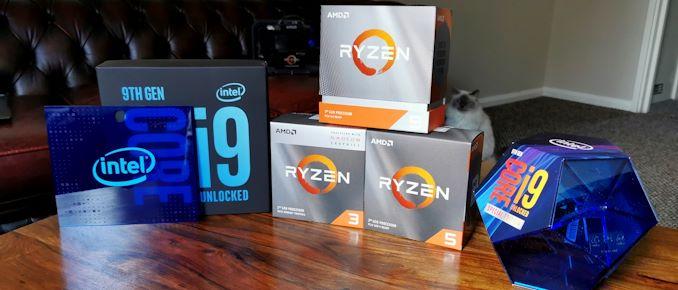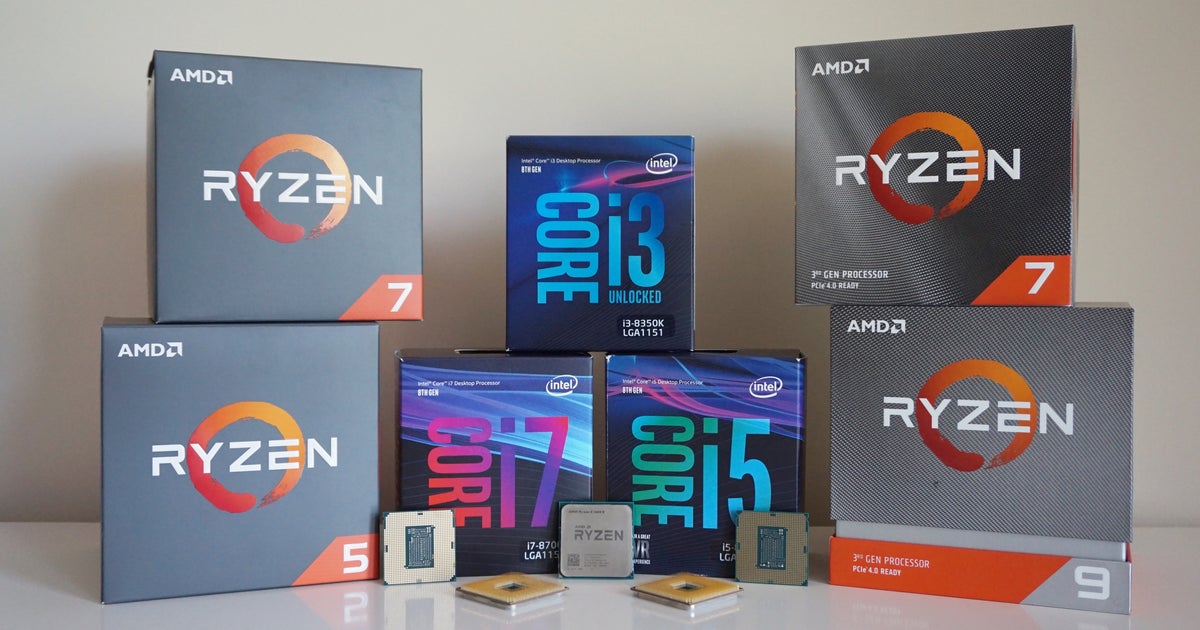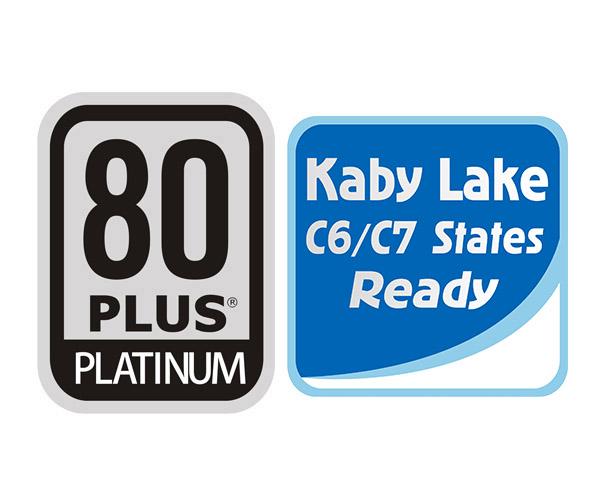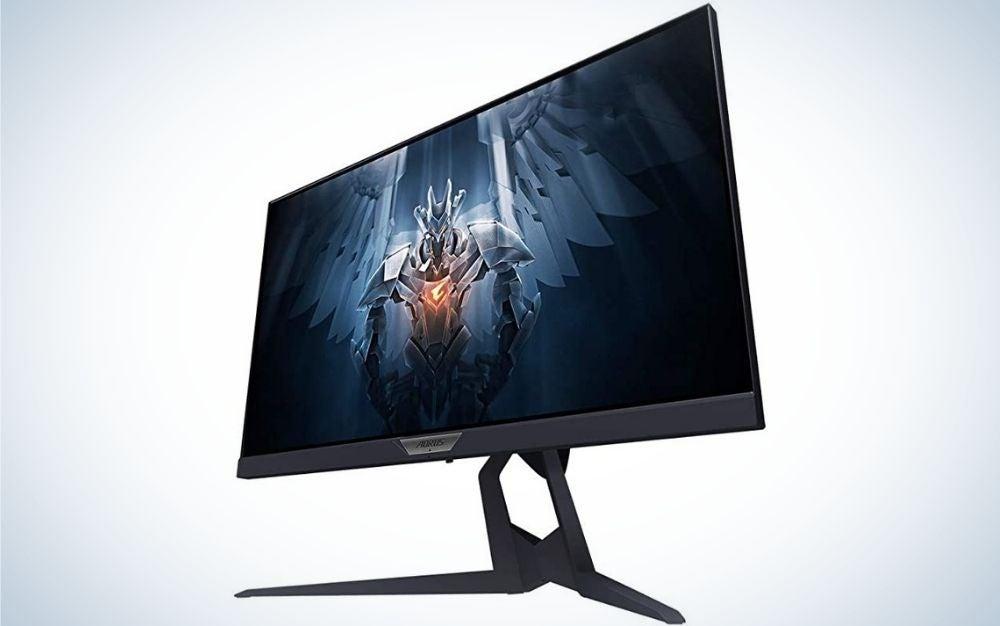Dual-processor motherboards are not new; you may have even heard of them. But do two processors really add value? We have tested them and found the solution.
Answer:
Dual-core processors are not recommended for gaming in 2022 due to their tendency to severely restrict the performance of more potent graphics cards.
However, if you’re not strapped for cash, it’s recommended that you spring for an Intel Core i5 or AMD Ryzen 3 processor.
The clock speed and number of cores are two of the most important metrics used to evaluate processors. And as technology progresses, dual-core processors of the past will look increasingly dated.
But is that really the case?
Whether you are building a low-cost gaming PC or just trying to save money wherever possible, you may be wondering if a dual-core processor is worth it for gaming. Keep reading and you’ll find the answer to this question.
![Can You Use A Dual Processor Motherboard For Gaming? [Guide]](https://gemaga.com/wp-content/uploads/2023/06/dual-core-cpu-for-gaming-1.jpg)
CPU Cores Explained
The primary function of a central processing unit is to carry out the directives of a computer’s software. This covers a wide range of activities, from data addition/deletion to data reorganization. In the past, a central processing unit (CPU) was a single unit that could only handle one instruction at a time.
However, we now have multiple processing units within a single processor as operating systems, programs, and video games have much more data and provide significantly more instructions for CPUs. These chips are now commonly referred to as “cores” for short.
This means that the CPU’s processing speed can be greatly improved because a single processor can handle multiple instructions simultaneously. Because of this, multiple software applications or games can be played on a single computer.
Cores are often partitioned into threads (if the OS permits it) to improve performance and multitasking. Multithreading, or hyper-threading for Intel processors, or SMT (SMT to treat AMD.
This essentially means that the operating system can make use of the CPU’s physical cores to their full potential by creating virtual cores. How many processor “cores” or “threads” are optional, though? Examine some current models and number of cores.
How To Pick A CPU For Gaming
Let’s start with the obvious: a multi-core CPU greatly improves your gaming performance.
The central processing unit (CPU) in a gaming PC is often over- or undervalued. Indeed, some people rush to buy an overpowered i7 while others skimp on the CPU and slow down the much more powerful GPU.
This should be obvious: In a PC built for gaming, the graphics processing unit is crucial. Your preferred GPU should serve as the yardstick by which CPU performance is evaluated. The primary concern should be enabling the CPU to fully utilize the capabilities of the GPU.
But given that modern games are built to take advantage of the newer CPUs’ multiple cores and threads, can dual-core systems handle them?
What Dual-Core CPUs Are There?
There isn’t a huge variety of dual-core CPUs on the market right now, so we’ll only be covering the lines that can be purchased brand-new.
AMD A-Series
The A-series of AMD processors, which use the FM2 socket and feature integrated graphics, dominate the market for laptops and non-gaming desktop PCs. They’re very helpful in these kinds of machines, but they’re not made for video games at all.
To be specific, a GTX 1050 will be the bottleneck even on the most powerful A-series processor. This means they will be put under extreme stress during gaming sessions, generating a great deal of heat, and not benefiting to the full extent from the GPU’s capabilities.
It’s already clear that these processors are not a good long-term investment for a gamer, but when you consider how out-of-date the FM2 socket is and how no new processors apart from the A-series will be relying on it, it’s easy to see why.
Intel Celeron
In terms of price, performance, and intended market, the Intel Celeron series of CPUs is very similar to AMD’s A-series. However, they do have an advantage in that they fit into the same LGA1151 socket as all modern Intel processors. Consequently, there are a lot of upgrade options available if you go with a Celeron as a stopgap measure, though they vary depending on the motherboard chipset.
Overall, any of the most recent Celeron models is a good choice if you need the cheapest possible CPU without giving up on potential future upgrades.
Intel Pentium
Xem thêm : Is Green Man Gaming Legit Update 07/2025
Back in the day, a Pentium processor inside of a home computer was cause for immediate celebration. However, the series has since lost its former glory and is now merely a transitional model between inexpensive and powerful central processing units aimed at gamers.
Its performance exceeds that of the Celeron and A-series processors, and it may be the last dual-core CPU worthy of use in modern video games. In terms of performance, it’s more akin to a Core i3 processor than either of the aforementioned series.
That, along with its use of the LGA1151 socket, means it can be upgraded in the same way as a Celeron, despite being significantly more potent.
Intel Core i3 7th Gen
The 7thCPUs of the Core i3 generation are different from the aforementioned in that they do not feature “true” dual cores. Instead, they take advantage of hyper-threading technology developed by Intel. This makes it so that each core can perform two tasks at once. This effectively transforms these models into quad-core CPUs, as they feature four logical cores.
With version 8, this strategy was scrapped.thgeneration i3 models, as they were upgraded to include four physical cores in light of AMD’s big comeback with the Ryzen-series, which was released gradually throughout 2017.
All the previous points about upgrades still hold, and the 7thThe most recent processors, of the i3 generation, are the focus of this discussion. There is, however, one major drawback to them: There were no major price reductions for them. They are still nearly as expensive as the more potent number 8.th-generation i3 models, so purchasing one at this time seems counterintuitive.
You should only think about purchasing one of these CPUs if you can get a significant discount or buy a used one for much less money. To that end…

Second-Hand CPUs
Of course, there’s always the option of purchasing a previously-owned processor, which could be from a previous generation or a discontinued series like the ones presented above.
If you’re looking to buy a used central processing unit, don’t do it unless you know the seller or can verify their positive feedback and ratings.
Several issues may arise as a result of purchasing hardware from an unreliable source. No guarantees are made, and it is impossible to tell the condition of a processor. Picture this: you buy a used Intel Core i3-7350K from last year, only to have it die after a month because the previous owner overclocked it to ridiculous levels.
Modern CPU Core Standards And Requirements
Choose a CPU model that has the required number of cores rather than trying to figure out exactly how many you need.
A 6-core processor is the norm, so if you think you’ll need 5 cores, you should get one. Since cores are always mirrored, there are no CPUs with 5 cores. Because of this Both the shell and the core are always present 1, 2, 3, 4, 5, 6, 7, 8, and so on. Neither AMD nor Intel would see a profit from selling SKUs with a non-even number of cores. Furthermore, the thread count is typically twice as high as the number of cores. Intel’s Alder Lake is one of the few notable exceptions here.
We’ll break down the effects of the most popular core/thread combinations on your workflow, performance, and gaming to help you make an informed decision.
Single-Core Processors
These days, single-core processors are an extreme rarity. We were unable to locate a single-core CPU anywhere, not even in Intel’s Pentium collection (their most affordable options).
There’s logic behind this. Windows 10, macOS Big Sur, and Linux, along with most other modern operating systems, benefit from having more than one processing core or thread. The use of multiple CPUs by a program or app is also possible.
It will be difficult to run any kind of program on a single-core processor incredibly aggravating. Playing video games is not allowed. The same holds true for any form of productive labor.
Dual-Core Processors
Even though dual-core CPUs are a rarity today, newer generations of CPUs like Pentium, by Intel and i3 array or Athlon APUs by AMD. Two-core processors are extremely underpowered at this point, and may struggle to run even a modern web browser.
Thankfully, multithreading allows modern dual-core CPUs to have 4 threads.
With fast enough cores, 4 threads can greatly improve the user experience of common software like word processors, web browsers, and even some games like League of Legends and Counter-Strike: Global Offensive. It’s possible to play more intensive games, but the gameplay will likely be choppy.
It is also possible to encode videos or do some rendering. Time will tick by slowly..
Recommendations:
- Gold G6405 Intel Pentium There’s more than enough juice here to take on any low-level chore you can throw at it. Gaming performance is slower than an i3, but still respectable.
- Intel Pentium 4 – An excellent option for those who lack a dedicated graphics processing unit. When compared to Intel’s UHD, the integrated Vega GPU is light years ahead.
Quad-Core Processors
Four-core, eight-thread processors are currently more frequently used instead of a dual or single core. There are many 4-core/8-thread CPUs available in Intel’s i3 series. Until AMD began lobbying for all SKUs to have multithreading unlocked, all i3s were limited to a maximum of four threads.
Xem thêm : Minecraft System Requirements Update 07/2025
The performance of CPUs with eight threads is dramatically different from that of a system with only four threads. You can play a game while also multitasking without any jarring pauses or hesitations.
Faster times can be expected when encoding or rendering videos. In spite of this, the productivity work will be much slower than with 8 or 12 cores, because more cores are needed for this type of work.
In addition, people who want to construct a potent gaming PC on a budget can do so by making use of Intel i7 processors from previous generations 7700K or the 6700K at a reasonable cost. In 2022, these CPUs may be a little dated, but they’re still quite potent.
Recommendations:
- Core i7-7700K by Intel – Its high clocks and single-core performance make it superior to newer-generation i3s, but its age is obvious. If you can find a reasonable price, the 7700K is our top pick. Alternately, you could look for a 6600K.
- The Intel Core i3-10300 processor Check out the 6 core options before settling for a 4c/8t i3 for less than $150 with a boost clock of 4.40GHz.
- An AMD Ryzen 5300G Faster than the previous two choices and featuring a much more powerful GPU. Due to its exclusivity in OEM systems, locating this CPU may prove challenging.
Hexa-Core Processors
The current middle-tier benchmark is a processor with six or hexa cores. According to the August 2021 Hardware Survey on Steam, Six-core processors are used by 34% of Steam users. While that’s not quite the case yet, it’s likely to become the norm very soon.
A lot of people upgraded to six-core CPUs after seeing what processors like AMD’s Ryzen 5 3600 or The i5-10600K by Intel offer high quality for a low cost. We get that it can be tough to say no when the Ryzen 3600 is on sale for less than $200.
At least six cores are required. Having 12 threads instead of 8 is a huge improvement. This number of cores is sufficient for most people, and with good reason.
The majority of today’s top games perform exceptionally well across all six cores. Even with 8 or 10 or 12 cores, most games won’t see a noticeable increase in frames per second.
The rate of productivity would skyrocket as a result. The extra processing power will be especially useful for multi-core applications like Blender, Adobe Premiere, and Photoshop.

Recommendations:
- Ryzen 3600/X Processor The most affordable six-core processor available. The average price for this Ryzen processor is around $180. Get the X version if you can afford it. If not, go with the option that is not X.
- R5 6600X Ryzen – At the time of writing, this six-core processor is likely the fastest available and can keep up with the top models from Intel and AMD in terms of gaming performance. An excellent option at its price point of around $300.
- Intel Core i5-11600K It’s about 40 dollars cheaper than the 5600X, but it’s also a bit slower. An obvious choice if you’re set on using an Intel motherboard.
Octa-Core Processors
The battle between Intel and AMD has reached a fever pitch, with both sides constantly trading blows by driving each other to lower prices, higher frequencies, and higher core counts.
As a result of the heated rivalry between the two companies, eight-core processors may eventually become more commonplace significantly cheaper and maybe even the norm in a few short years. As of right now, the results of Steam’s Hardware Survey are 14.40% people who have 8-core processors in use.
Games won’t benefit as much from going from 6 to 8 cores as they would from going from 4 to 6 cores.
However, the boost in efficiency is significant. 8-core processors are the best option for anyone who wants to multitask between work and gaming on their computer.
Recommendations:
- processors from Intel with the i7-10700K and i7-11700K cores The performance of these two processors is very similar, so choose the one that is less expensive. This processor is one of the fastest available, but it is also one of the most power-hungry and has poor thermals.
- AMD’s Ryzen 5800X: It’s $50 more expensive than the 11700K, but it’s the most efficient and powerful 8-core processor available at the moment.
- R7 3700X Ryzen – Not as good as the 5800X or 11700K for gaming, but it’s $100 cheaper and still very fast and fantastic for productivity work. Choose this if you must build a PC on a tight budget.
Even More Cores
There are consumer CPUs with a lot more cores if you have the money or just want the best possible performance in productivity.
We advise it strongly if money is no object. Ryzen 5950X, priced at $800, is AMD’s top-of-the-line CPU. This 16c/32t Your CPU will not only be able to handle any rendering tasks you throw at it with ease, but it will also provide you with higher frame rates in games than any of the other CPUs we have discussed.
Instead, you could try the R5 9900X Ryzen (12c/24t). It is discount of $250, losing only 4 cores doesn’t slow it down at all.
Intel’s main competitor is the i9-10980XE which is an 18c/36t and costs a thousand dollars, but is slower and less efficient.
Conclusion – Is A Dual-Core Worth It For Gaming?
Our response must be: no, Not very often, at any rate.
Current dual-core processors are more than adequate for casual users, but they will bottleneck all but the cheapest graphics cards.
There are only two instances in which we would recommend upgrading to a dual-core CPU:
- You’re planning to use it until you can afford an upgrade, at which point you’ll purchase it.
The Celeron is the most cost-effective option here, and it will still enable your more powerful GPU to run, albeit at reduced performance. - No more expensive option is available to you at this time.
If you’re just looking to build a cheap gaming PC, Intel is still your best bet, and the Pentium will give you the best performance for your dollar. A Celeron will suffice if not. Avoid the AMD A-series if you care about performance and temperature, as they are less upgradable and produce more heat.
Nguồn: https://gemaga.com
Danh mục: Blog










